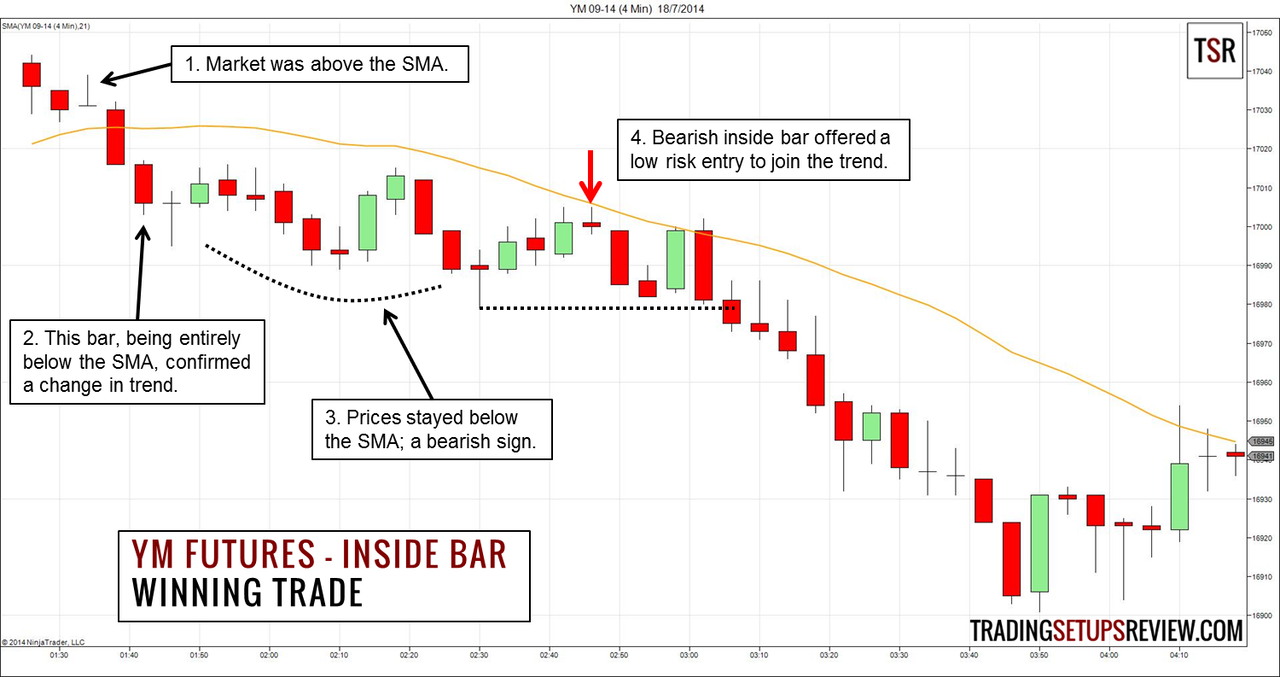Introduction
The world of finance is constantly evolving, with new markets and instruments emerging all the time. One of the most popular and fastest-growing markets is the futures market. Futures are standardized contracts that obligate the buyer to purchase or the seller to deliver an asset (such as a commodity, stock, or currency) at a specified price on a specified date.

Image: www.tradingsetupsreview.com
Futures markets offer a number of advantages to investors, including the ability to hedge risk, speculate on price movements, and access leverage. However, one of the most important questions for potential futures traders is whether or not it is possible to trade futures 24 hours a day, 7 days a week.
What Are the Different Types of Futures Markets?
There are two main types of futures markets: exchange-traded futures markets and over-the-counter (OTC) futures markets. Exchange-traded futures markets are regulated by exchanges, such as the Chicago Mercantile Exchange (CME) and the Intercontinental Exchange (ICE). OTC futures markets are not regulated by exchanges, and contracts are traded directly between two parties.
Exchange-traded futures markets offer a number of advantages over OTC futures markets, including greater transparency, liquidity, and regulation. However, OTC futures markets can offer greater flexibility and customization.
Can You Trade Futures 24/7?
The answer to the question of whether or not you can trade futures 24/7 depends on the type of futures market you are trading on.
Exchange-traded futures markets are typically open for trading during regular business hours, which vary depending on the exchange. For example, the CME is open for trading from 9:30 AM to 1:15 PM CST, Monday through Friday.
OTC futures markets are not subject to regular trading hours and can be traded at any time of day or night. However, liquidity can be lower during off-hours, so it is important to be aware of the risks of trading during these times.
When Should You Trade Futures?
The best time to trade futures depends on your individual trading strategy and risk tolerance. If you are a short-term trader, you may want to trade during the most active trading hours, when liquidity is highest. If you are a long-term trader, you may be more interested in trading during off-hours, when volatility is typically lower.
No matter when you choose to trade futures, it is important to do your research and understand the risks involved. Futures trading can be a powerful tool, but it is also a complex one.

Image: optimusfutures.com
Tips for Trading Futures
Here are a few tips for trading futures:
- Do your research. Before you start trading futures, it is important to do your research and understand the risks involved. Learn about the different types of futures contracts, how they are traded, and how to manage your risk.
- Start small. When you are first starting out, it is important to start small. Trade with a small amount of capital that you can afford to lose. As you gain experience, you can gradually increase your trading size.
- Use a stop-loss order. A stop-loss order is a type of order that helps you to limit your losses. It is important to use a stop-loss order when you trade futures, as it can help you to protect your capital.
Can You Trade Futures 24/7
Conclusion
Trading futures can be a rewarding experience, but it is important to do your research and understand the risks involved. If you are considering trading futures, it is important to find an experienced broker who can help you to get started.
Are you interested in learning more about trading futures? If so, I encourage you to do your research and talk to a qualified broker.







